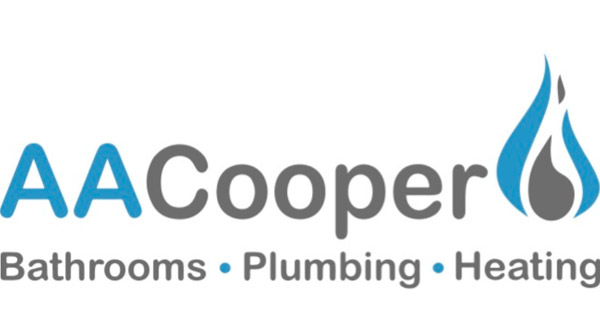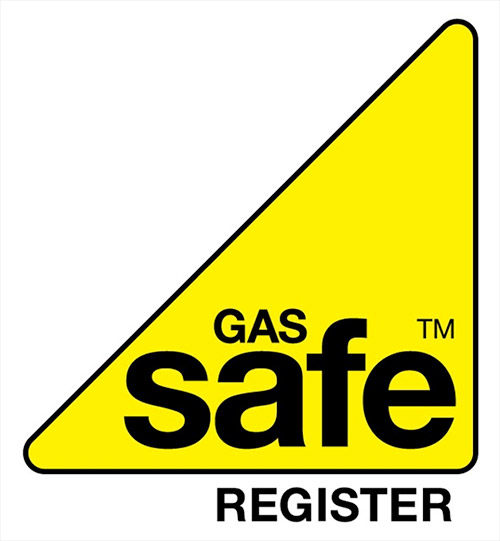Most common water wasting habits in British homes
A new survey by the Water Regulation Advisory Scheme (WRAS) has found that 80 per cent of Brits are guilty of committing at least one water-wasting habit on a regular basis.
Check out the most common water wasting habits in British homes today:
- Not reusing water when preparing food/cooking (29 per cent) – catching excess water in a bowl to reuse can reduce water wastage by 50 per cent.
- Taking deeper baths than necessary (26 per cent) – a bath typically uses around 80 litres, but by running a bath just an inch shorter you can save five litres of water, on average.
- Running the water whilst brushing their teeth, rather than turning off the tap (21.4 per cent) – a running tap wastes approximately six litres per minute.
- Filling the kettle up to the top rather than the amount needed (21.1 per cent) – a full kettle (approx. 8 cups) will take twice as long to boil and use more electricity.
- Running water whilst washing their face, rather than filling the sink up (20.8 per cent) – a running tap wastes approximately six litres per minute.
Other bad habits people admit to include having a shower after a bath and using a hose pipe to clean the car, instead of a bucket.
Making an effort to change these habits might seem inconsequential but every little effort to save water counts – not only saving you money but helping the environment by conserving water resources.
As well as changing habits there are other practical things we can do at home to conserve water, like reducing the amount of time you shower, using less water to wash dishes and using bath or dish water to water the plants inside or out. Installing simple devices such as water-efficient taps and showers will also save both water and energy by minimising the use of heated water. An efficient shower head could reduce household bills by up to £120 per year!
For all your plumbing needs, questions or information, feel free to contact the team at AACooper on 01689 485007 or info@aacooper.co.uk.
Sources: Waterwise.org.uk and hvpmag.co.uk

